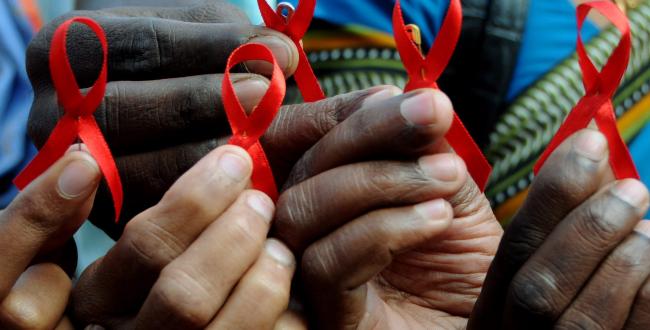by
Stepy —
October 10, 2014
- Healthy living is about staying up to date on the latest health news.
- According to AIDS.gov, “HIV weakens your immune system by destroying important cells that fight disease and infection. A “deficient” immune system can’t protect you.” More than 1.1 million people in the U.S. are living with HIV infection, and almost 1 out of 6 are unaware of their condition.
- South Africa is the epicenter of HIV and AIDS with about 6.4 million citizens who are infected. In 1990, the World Health Organization reported only 386 cases in South Africa. Over the next 15 years, AIDS turned into an epidemic. How can the outlook on the AIDS epidemic be improved? The article ‘The end of AIDS: Possibility or pipe dream? A tale of transitions’ published in the African Journal of AIDS Research strategically examines the whole epidemic and identifies economic, epidemiological, and programmatic points for transition and future improvement.
- Until the year 2001, HIV infection meant death to anyone infected except the wealthiest of people who could afford treatment. The development of Antiretroviral (ART) drugs now gives infected young adults a hope for a life expectancy of about 60 years. While this was a massive breakthrough, it involved taking drugs for 30 years, providing a problem of massive cost, which posed problems for government and health providers. The high cost of the drugs may soon exceed the health budget of South Africa. New incidences of AIDs now outnumber deaths from AIDS, which increases the number of people living with AIDS. Can the AIDS epidemic ever be controlled?
- Prevention is key to reducing the rate of AIDS and to bringing a decline in HIV sufferers. Once the rate of incidences decrease, treatment can become more affordable to nations such as South Africa. “Although significant progress has been made in combating HIV and AIDS, the end of the epidemic may still be a long way off. However, sustained efforts to expand prevention and treatment programmes, as well as health systems strengthening and innovative financing, will ensure the long-term impact of these transitions,” the author write.
- Note: None of the information in our website is intended to diagnose, treat, cure or prevent any illness or disease. The content on our website is for educational purposes only.


















